
Tag Archives University of Manitoba
The Daryl F. Kraft Memorial Endowment Fund
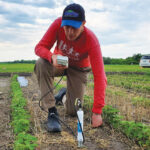
Cover crop survey reveals risks and benefits
Producers like the potential but say short season, lack of moisture key concerns

New U of M crop research centre past fundraising halfway point
The Manitoba Canola Growers is the latest producer group to pledge financial support
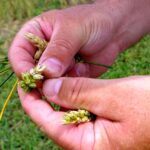
Wheat breeding at U of M gets $3.5-million boost
Core funding agreement comes from a number of Prairie producer groups

Pilot mill gets food-grade green light
Developing Future Food: Experts at the Richardson Centre for Functional Foods and Nutraceuticals are on the cutting edge of food development

Pioneer canola researcher awarded the Order of Manitoba
Faces of Ag: He sings, he raps and his scholarship helped make canola what it is today
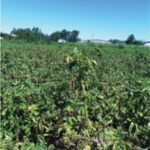
Potato Early Dying a silent yield killer
Industry network seeks to reduce impact of the disease
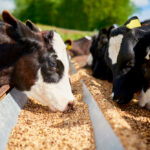
Animal Care Act governs standards of care
Agriculture students learn of provincial oversight and investigations
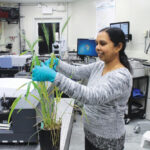
Canadian Light Source aids agriculture projects
The synchrotron at Saskatoon is giving researchers a new view of old subjects
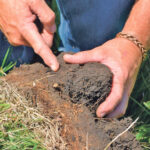
There’s a teeming world of diversity and complexity in your field’s soil
This soil ecologist says six principles can be applied to improve soil health


